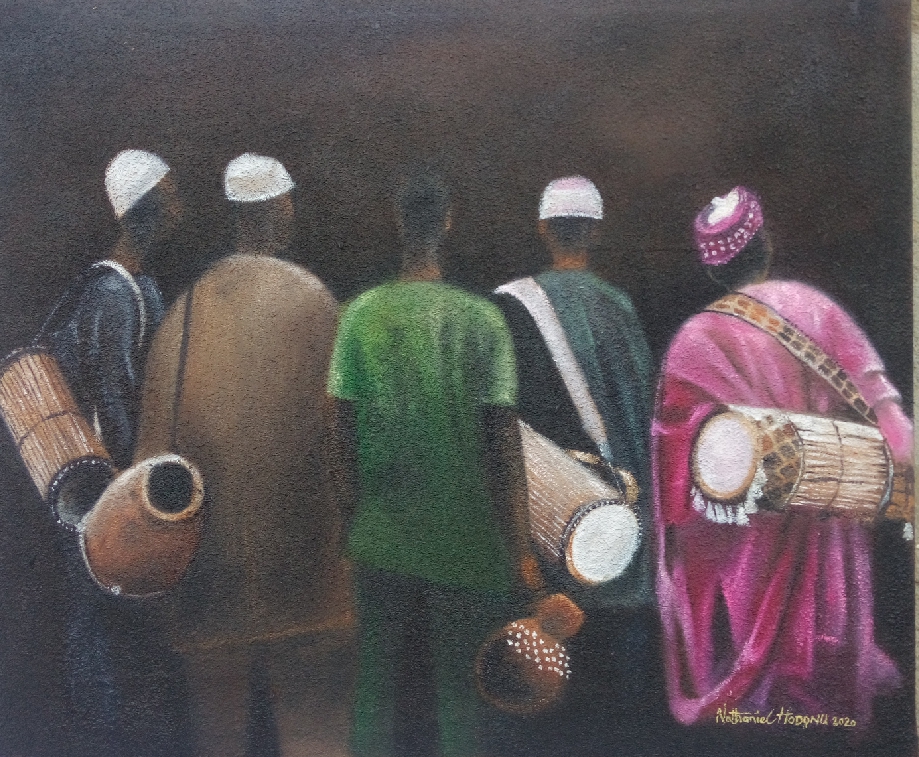Braithwaite’s ‘The Baby Is Mine’ maps intriguing family saga
By Ozoro Opute
THE author of ‘My Sister, the Serial Killer’, Oyinkan Braithwaite continues her narrative tradition of mapping the complexity that often comes with family and how to navigate its intricate patterns that also leaves its ugly trail. While in ‘My Sister, the Serial Killer’, she tells the story of a troubled young woman who takes delight in killing her lovers and her elder sister who knows but is unable to stop her or give her up to the authorities for prosecution, ‘The Baby Is Mine’ (Narrative Landscape Press, Lagos; 2021) deals with infidelity and a complex sexual relationship among a trio: a late uncle, his girlfriend and his nephew and and how to determine the owner of the child that inevitably results from such triangular relationship. The uncle’s wife too is having her own blues after her own child dies and she is claiming the girlfriend’s for herself.
Bambi is a philanderer, a club his late Uncle Folu circumstantially joins when he has difficulty having a child with his wife. He would succumb to the coronavirus pandemic that triggered global lockdown and passes on. Esohe is the girl between them who has a child for which a DNA test is being planned to determine, in a twist of events, who the mother is. Between Esohe and Uncle Folu’s wife, Bidemi, there’s dispute as to who owns the child. Although Bidemi’s child has died, she clings to Esohe’s as hers.
It is this unsettling setting that Bambi walks into when his girfriend throws him out of her flat for cheating on her, only to meet his Uncle Folu’s girlfriend Esohe and his wife Bidemi in the same house. The tragedy of the pandemic makes the case for a DNA test to determine the mother of the child remotely secondary in the face of men and women dying in their numbers, since the two women are up in arms as to the true owner of the child.
Meanwhile, Bambi and Esohe had a fling while she was dating Uncle Folu. Bambi had met his Uncle Folu and Esohe at a bar; he was shocked his uncle was having a woman outside. Years of being married to his wife without a child might have pushed him into Esohe’s arms. But when next Bambi meets Esohe in a bar, alone, they take matters into their own hands.
But that was a while back, when Uncle Folu had not yet died and his wife, Bidemi hadn’t had her child yet, that would also die. But Bidemi is claiming Esohe’s child for herself. Is she right in doing this? Afterall, Esohe was her husband’s girlfriend; whatever child results from the illegitimate relationship should be hers by virtue of her being married to Uncle Folu; therefore, what belongs to Uncle Folu is hers, by extension. But Esohe will have none of it.
The two women’s unrelenting fued over the ownership of the child gets into Bambi’s nerves, as his efforts to broker peace seem furtile. At the height of it, Bambi takes maters into his own hands and takes the disputed baby away from the two women. Is he claiming ownership of the child, as a result? What happens to the true mother of the child, Esohe? Will Bambi’s girlfriend take him back with an unknown child in tow?
Braithwaite is a clever writer who maps the intricate complexities of a family desperately trying to get a grip on their lives that seem turned upsidedown by the vagaries of circumstances. Through Bambi, Bidemi, Esohe, and late Uncle Folu, Braithwaite weaves a moving human story that lays bare the foibles of the human condition. ‘The Baby is Mine’ is a fine work of art wrought in the best tradition of storytelling. Braithwaite deserves praise for her small but compact work.





